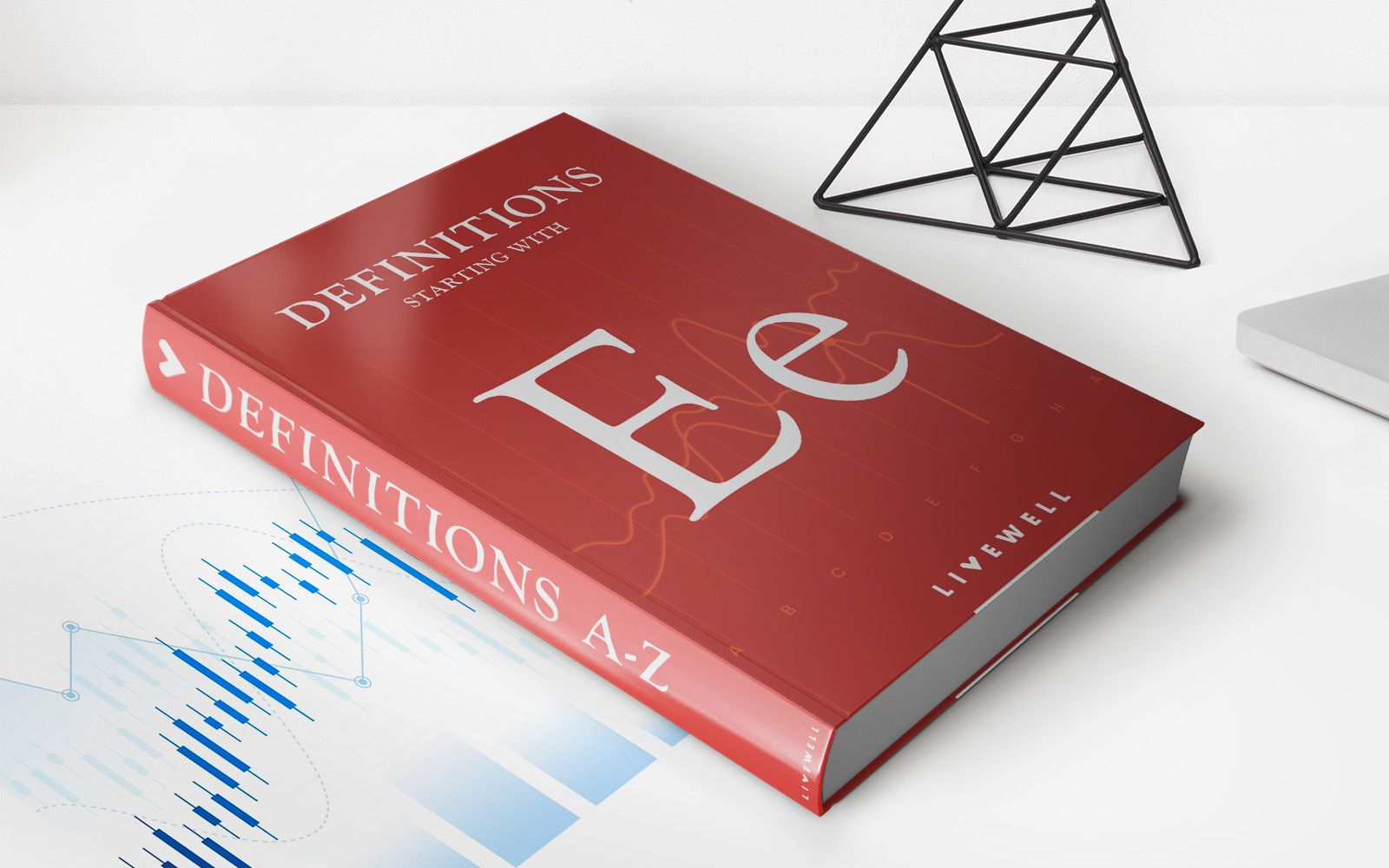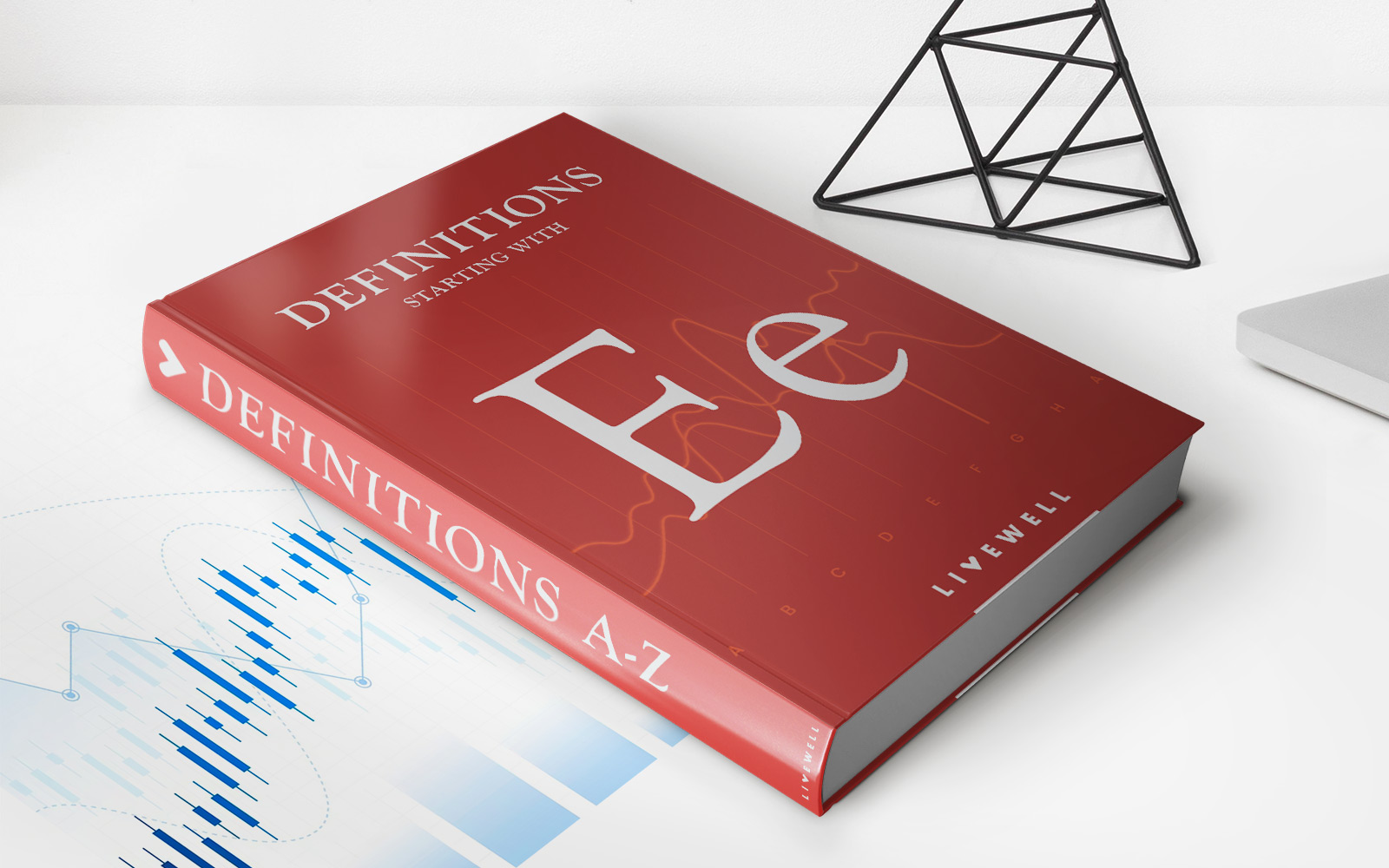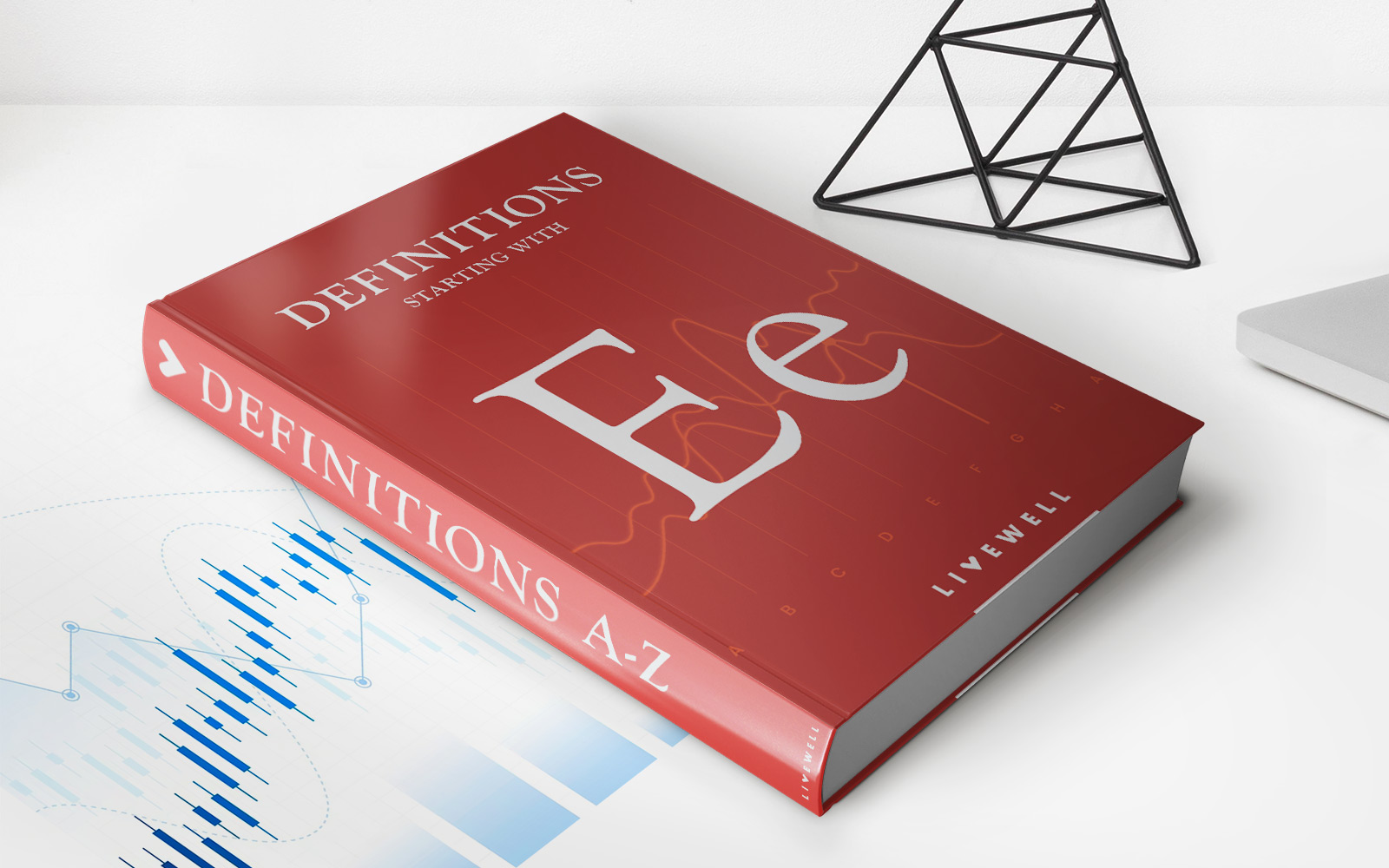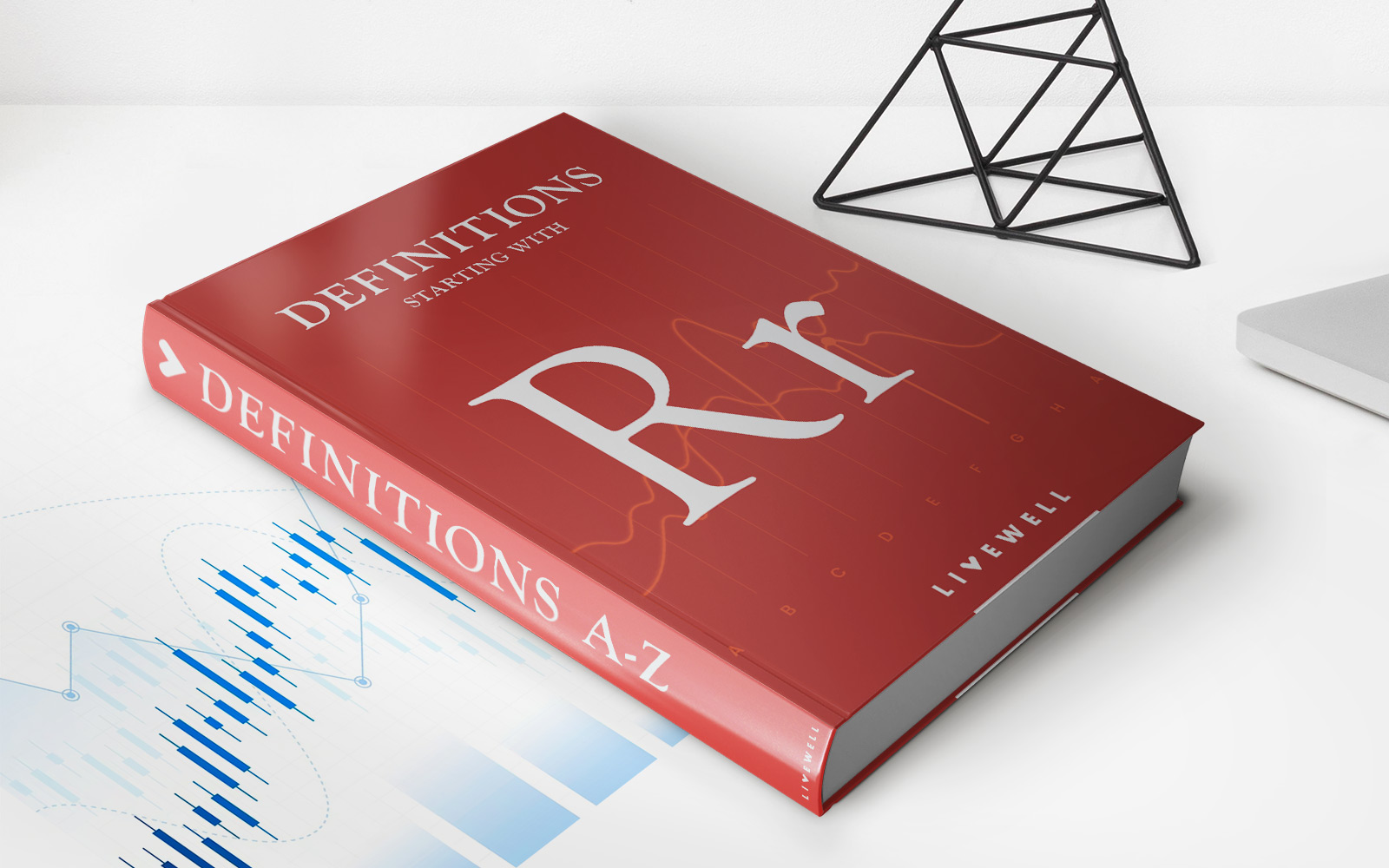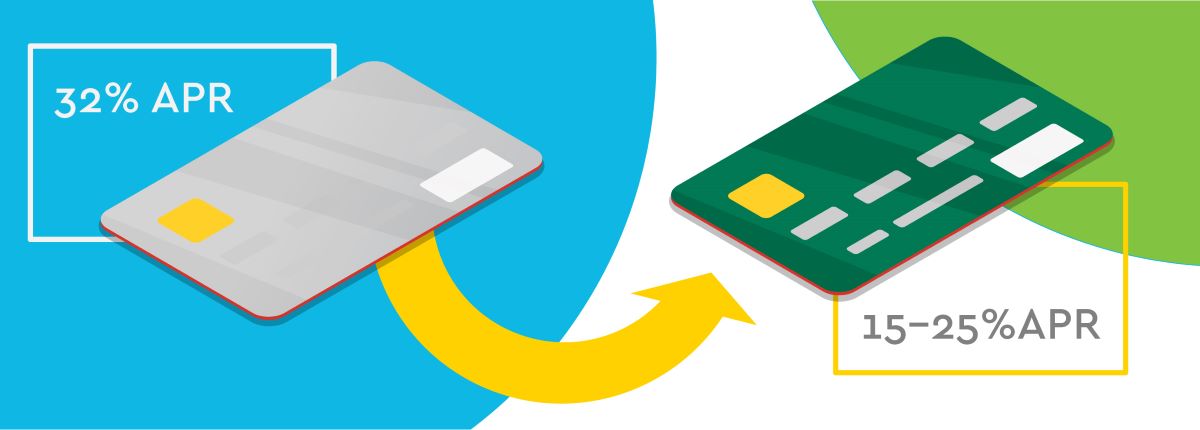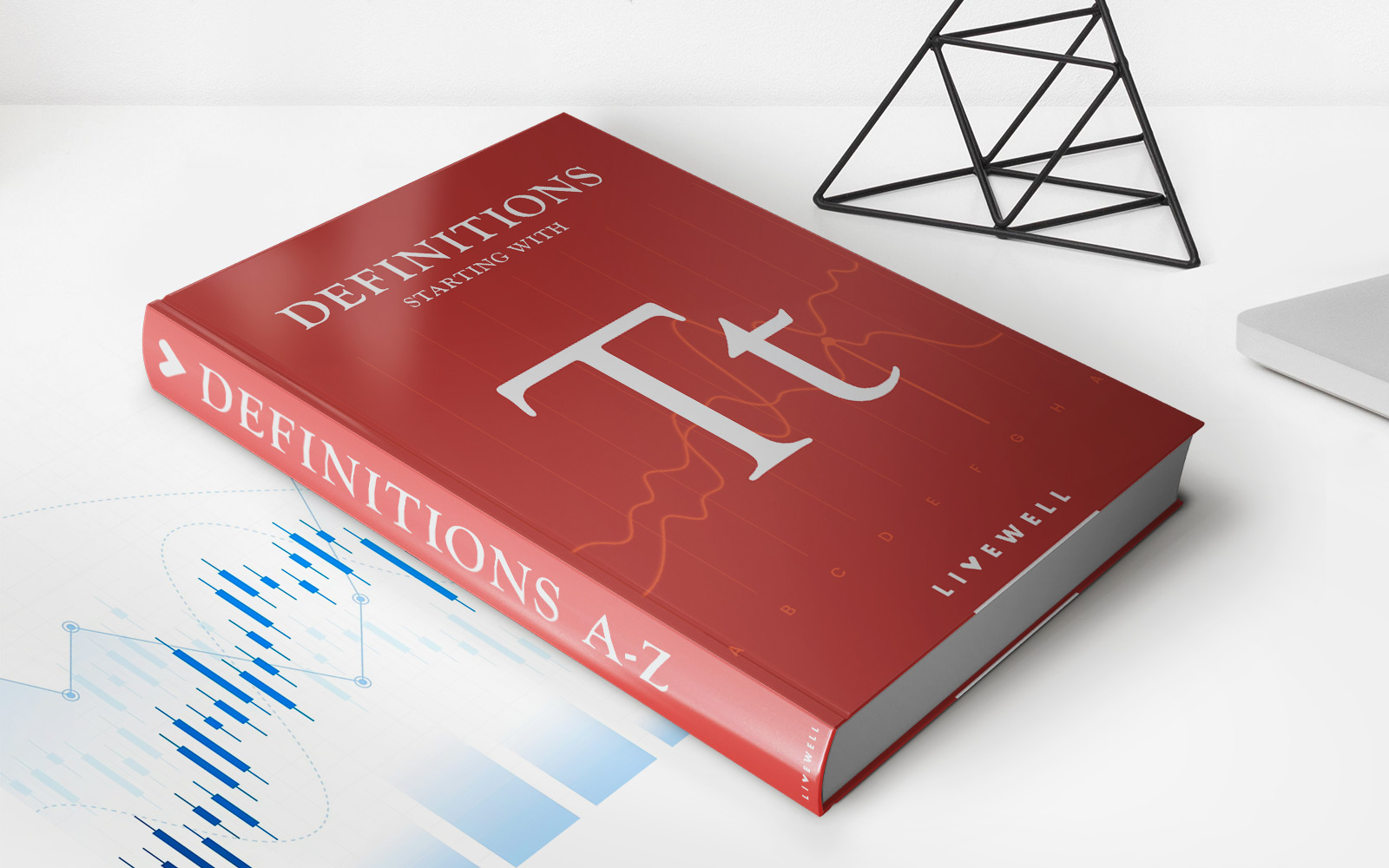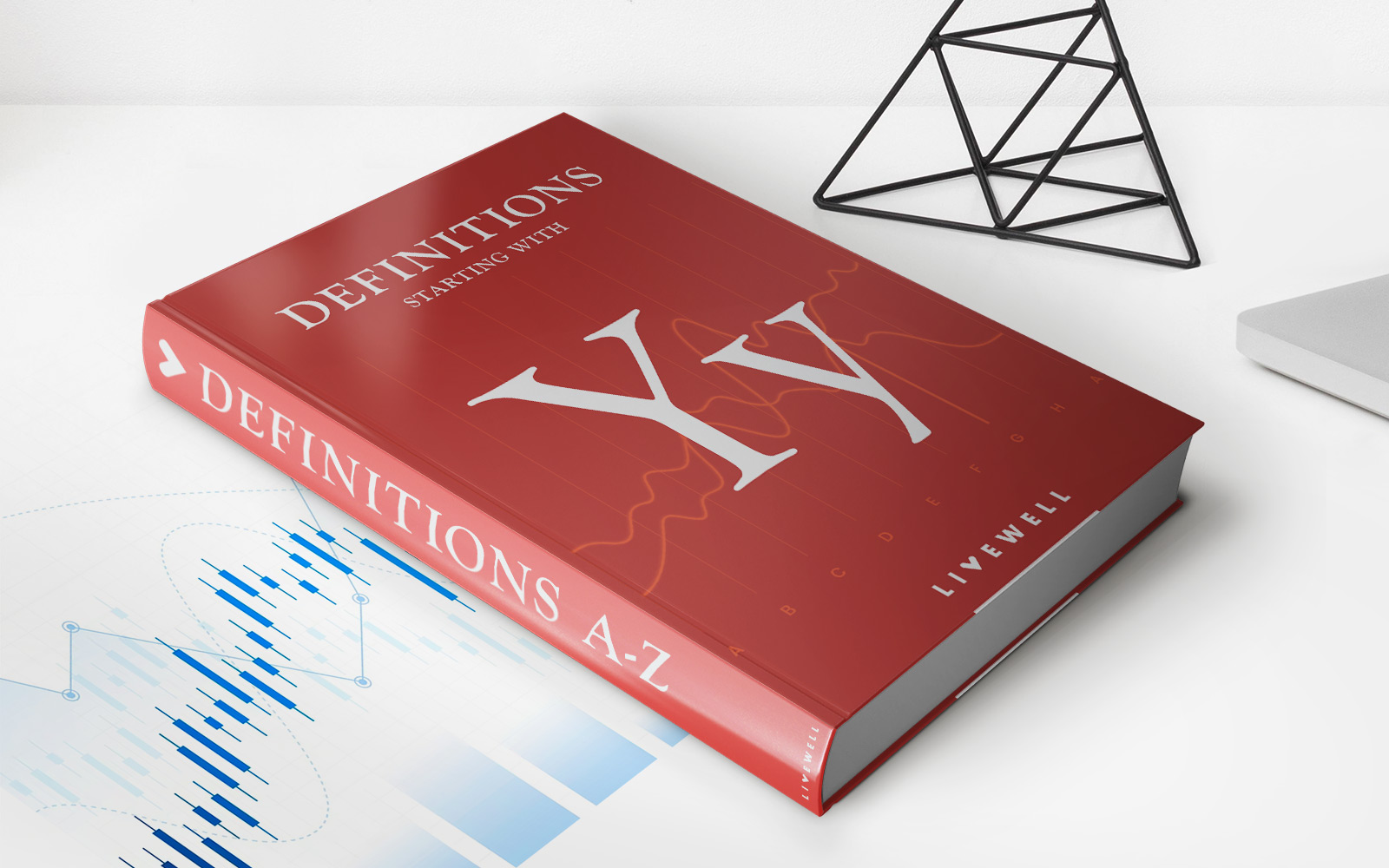

Finance
Yen ETF Definition
Published: February 19, 2024
Learn about yen ETFs in the world of finance and understand their definition, benefits, and how they can fit into your investment strategy.
(Many of the links in this article redirect to a specific reviewed product. Your purchase of these products through affiliate links helps to generate commission for LiveWell, at no extra cost. Learn more)
Understanding Yen ETFs: A Beginner’s Guide
Welcome to our beginner’s guide on Yen ETFs. If you’re new to investing or just looking to expand your knowledge on different investment options, you’re in the right place! In this guide, we’ll be discussing what Yen ETFs are, how they work, and why they may be a valuable addition to your portfolio. So, let’s dive in and explore this intriguing financial instrument!
Key Takeaways
- Yen ETFs are exchange-traded funds that track the performance of the Japanese yen currency.
- These ETFs provide investors with exposure to the movement of the yen in relation to other currencies.
What are Yen ETFs?
A Yen ETF, also known as a Japanese yen ETF, is an exchange-traded fund that allows investors to gain exposure to movements in the value of the Japanese yen currency. But you may be wondering, why would someone want to invest in a currency rather than a stock or a bond? The answer lies in diversification and hedging strategies.
The yen is one of the major currencies of the world and is often considered a safe-haven currency. It is widely used in international trade and is an important currency in the global financial markets. Investing in Yen ETFs can be a strategic way to diversify your investment portfolio and hedge against currency risk.
How Do Yen ETFs Work?
Yen ETFs work similarly to other exchange-traded funds. They are designed to track the performance of a specific underlying asset, in this case, the Japanese yen. These ETFs aim to replicate the movement of the yen relative to another currency or a basket of currencies.
When you invest in a Yen ETF, you essentially own a share in a fund that holds the yen as its underlying asset. The fund manager will buy and sell yen in the foreign exchange market to maintain the desired exposure to the currency. The value of the ETF will rise or fall based on the movement of the yen against the chosen benchmark.
Why Invest in Yen ETFs?
Now that we understand what Yen ETFs are and how they work, let’s explore some of the potential benefits of investing in them:
- Diversification: By including Yen ETFs in your portfolio, you can gain exposure to a different asset class that may not be highly correlated with stocks or bonds. This can help spread your investment risk and potentially enhance your returns.
- Currency Hedging: If you have international investments denominated in yen, investing in Yen ETFs can act as a hedge against currency fluctuations. This can help protect your investments from potential losses caused by currency depreciation.
As with any investment, it’s important to conduct thorough research and carefully consider your investment goals and risk tolerance before investing in Yen ETFs or any other financial instrument.
We hope this beginner’s guide has provided you with a clearer understanding of Yen ETFs. Remember, investing involves risks, and it’s always a good idea to consult with a financial advisor to determine the suitability of any investment for your specific financial situation.

